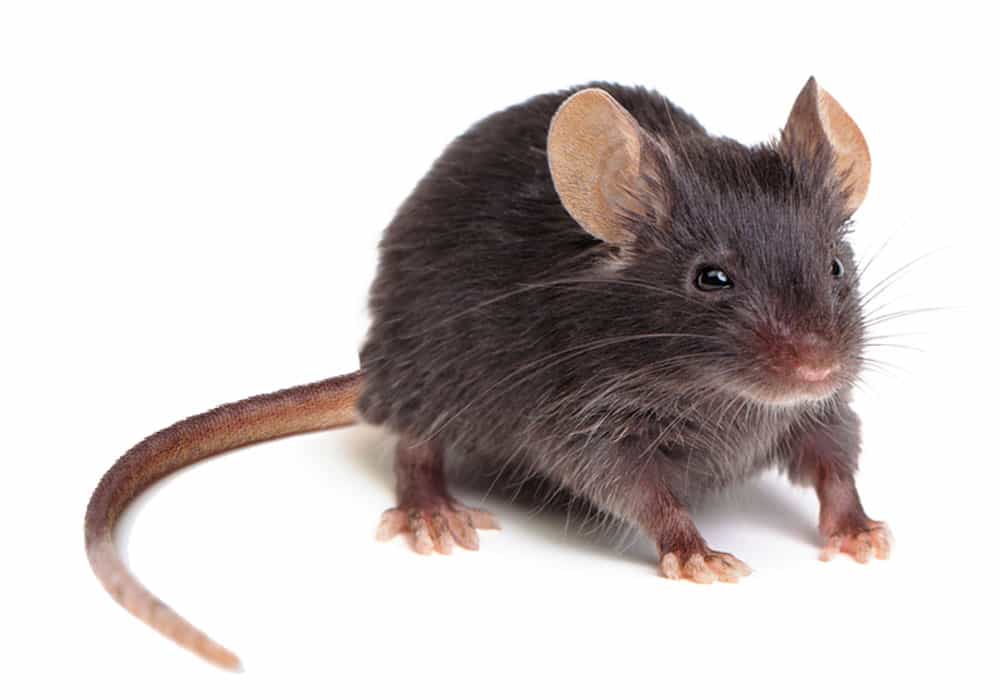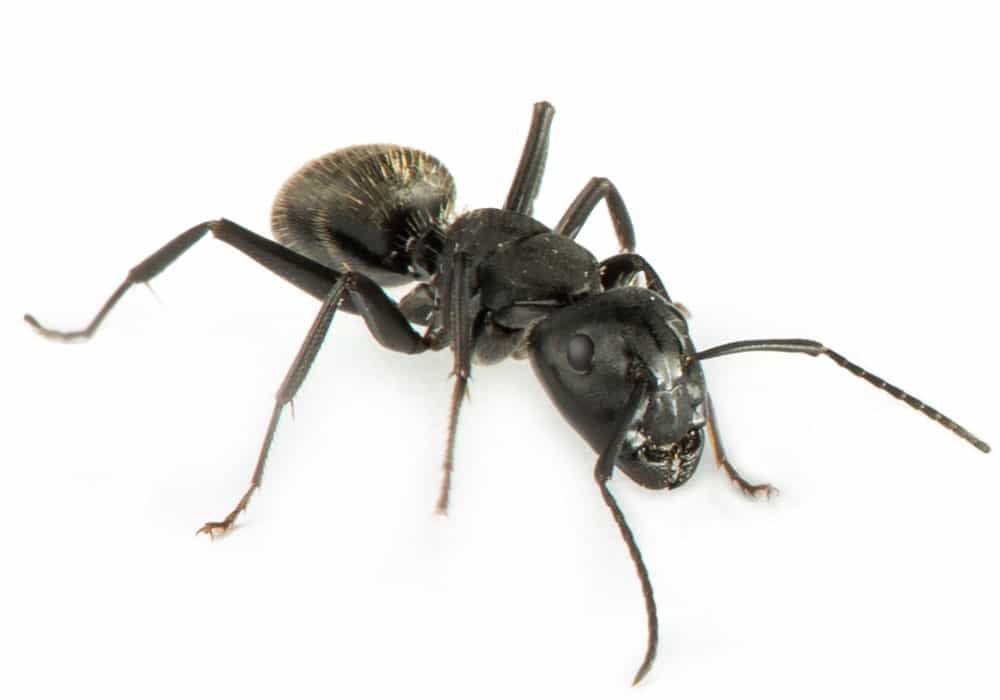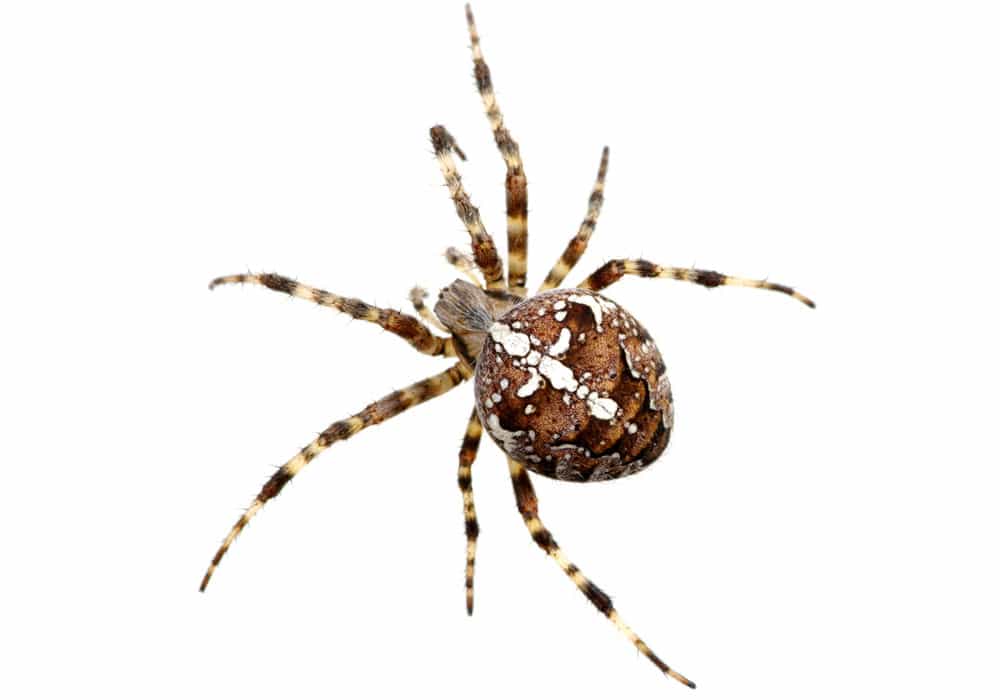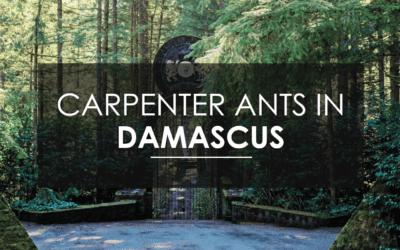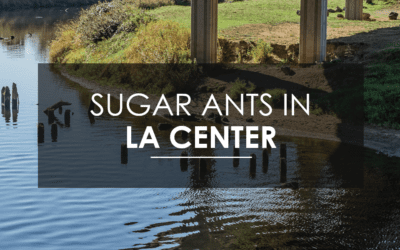best Pest Control Services in
oak grove
Quality Pest Control in Oak Grove
We know how the story goes. You are stressed about a pest that won’t seem to go away. Maybe you just noticed it. Perhaps it’s been there for weeks, and you’ve tried everything you can think of.
We are Aspen Pest Control—our team can handle your pest problem. We know how exhausting dealing with pests can be, but our experienced pest control technicians have seen it and treated it all.
We are a local, non-franchised company that takes serving Oak Grove residents seriously. We’ve gone home to home for many years, providing efficient and professional pest control services without charging an arm and a leg. We believe in sustainable pest control treatment plans for families with many needs and budgets.
We provide free estimates and consultations. Our pest control experts will not put any pressure on you but will give you the facts and an estimate to help make your decision. Call us today!
Need to talk to someone right now?
Quality Pest Control in Oak Grove
We know how the story goes. You are stressed about a pest that won’t seem to go away. Maybe you just noticed it. Perhaps it’s been there for weeks, and you’ve tried everything you can think of.
We are Aspen Pest Control—our team can handle your pest problem. We know how exhausting dealing with pests can be, but our experienced pest control technicians have seen it and treated it all.
We are a local, non-franchised company that takes serving Oak Grove residents seriously. We’ve gone home to home for many years, providing efficient and professional pest control services without charging an arm and a leg. We believe in sustainable pest control treatment plans for families with many needs and budgets.
We provide free home inspections and consultations. Our pest control experts will not put any pressure on you but will give you the facts and an estimate to help make your decision. Call us today!

Need to talk to someone right now?
Our Guarantee
We are confident in our treatment practices. For our customers with regular services, we offer a guarantee. If you notice pests that have returned to your home between services, we will return and re-treat at no cost to you.

Our Guarantee
We are confident in our treatment practices. For our customers with regular services, we offer a guarantee. If you notice pests that have returned to your home between services, we will return and re-treat or less at no cost to you.
Award-Winning Pest Control
We are so grateful to Oak Grove customers who have helped us achieve a reputation on Angie’s List for our expertise and quality customer service. We are members of the Oregon Pest Control Association and take pride in being involved as a true partner to the community.






Need A Free Consultation?
Help is just a phone call away. Don’t delay calling us. It’s important to have your pests taken care of quickly. As soon as the problem is identified, there are some early steps we can take to stop the pests from spreading. Our pest control team provides free consultations at your convenience.

Need A Free Consultation?
Help is just a phone call away. Don’t delay calling us. It’s important to have your pests taken care of quickly. As soon as the problem is identified, there are some early steps we can take to stop the pests from spreading. Our pest control team provides free consultations at your convenience.
Punctual Oak Grove Pest Control
We value your time. Our pest control technicians are experts and can quickly inspect your home, identify your needs, and develop a plan for you. We make arriving at our appointments a top priority. If we are ever late because of an unforeseen delay, we will call to reschedule prior. If not, then your next service is on us.

Punctual Oak Park Pest Control
We value your time. Our pest control technicians are experts and can quickly inspect your home, identify your needs, and develop a plan for you. We make arriving at our appointments a top priority. If we are ever late because of an unforeseen delay, we will call to reschedule prior. If not, then your next service is on us.
Safe for Family & Pets
It’s important not to cut corners—especially regarding the safety of your family, pets, and home. We use green pest control products that are safe for the environment. We are committed to keeping your family safe while exterminating your bothersome pests.

Safe for Family & Pets
It’s important not to cut corners—especially regarding the safety of your family, pets, and home. We use green pest control products that are safe for the environment. We are committed to keeping your family safe while exterminating your bothersome pests.
Common Pests in Oak Grove
This is your “Most Wanted” list for Oak Grove. We see these same pests pop-up again and again throughout the area. Read about each of them to learn how you can prevent them from entering your home.
Oak Grove Pest Control Services
Residential Pest Control
Aspen Pest Control has been quickly adopted by the Oak Grove community because of how easy we make it for homeowners. We protect your home and loved ones.
Choose Oak Grove’s preferred pest control company for your home’s pest control services.
Green Pest Control
We chose to become a green pest control company because it meant great things for safety and for the environment. Get rid of your pests without causing lasting harm.
Our commitment to green products helps protect you and the entire Oak Grove community.
Commercial Pest Control
Local regulations for pest control can be tricky, but not when you work with Aspen Pest Control. We will help you treat your business while keeping you compliant.
Trust a team that knows how to work with businesses and property managers.

Our Commitment to Oak Grove
Oak Grove is a small community surrounded by larger cities and areas. It’s a tight-knit community that understands the value of good neighbors. We work hard to be a good neighbor to the Oak Grove community.
We commit to using green pest control products. We don’t leave behind a chemical mess for future generations to deal with. Our products are safe for pets, families, and the environment.
We commit to providing strong relationships with our customers. You can always talk to a pest control expert. You have access to someone who can hear, see, and inspect the pest problem you see.
We are a local pest control company and commit to keeping the reputation we’ve built with your neighbors. See why so many Oak Grove homeowners are choosing Aspen Pest Control.
Fast Pest Control Near You
Pest problems are unsettling and often become the only thing you think about until they are under control. We offer quick and easy scheduling so you can get on with your life. Contact us to have one of our expert pest control technicians treat your home.

Fast Pest Control Near You
Pest problems are unsettling and often become the only thing you think about until they are under control. We offer quick and easy scheduling so you can get on with your life. Contact us to have one of our expert pest control technicians treat your home.
Serving Oak Grove Neighborhoods
We serve everyone in the Oak Grove community. We love helping people find a solution that fits within their budget and needs.
Our Portland Office
See What Customers Are Saying

These folks are thorugh, polite, patience with questions, on time. You can not find a better organization for controlling/preventing pest problems
Sabastian was personable and very thorough in his treatment of our home. Thank you for the great service.
I was apprehensive at first. In the past I did pest control myself and I don't normally like signing contracts. But I am really glad I went with Aspen. The office isn't pushy in the least, as I found others to be. Secondly, the guys who arrived were wonderful. Professional, knowledgable, took the time to explain everything in detail. As promised, no odor in the least. In addition, the contract is 100% fair business, clearly written with no "small type". I was confident signing. They'll come back every three months for a total of one year service, plus as often as needed without further costs, in any pest issues do arise.

See What Customers Are Saying

These folks are thorugh, polite, patience with questions, on time. You can not find a better organization for controlling/preventing pest problems
Sabastian was personable and very thorough in his treatment of our home. Thank you for the great service.
I was apprehensive at first. In the past I did pest control myself and I don't normally like signing contracts. But I am really glad I went with Aspen. The office isn't pushy in the least, as I found others to be. Secondly, the guys who arrived were wonderful. Professional, knowledgable, took the time to explain everything in detail. As promised, no odor in the least. In addition, the contract is 100% fair business, clearly written with no "small type". I was confident signing. They'll come back every three months for a total of one year service, plus as often as needed without further costs, in any pest issues do arise.
Recent Oak Grove Blog Posts
Tired of all these invasive pests? Take a few minutes to read about how you can take a few simple steps to prevent these pests from getting into your home in the first place.
How to Eradicate Stinging Insects in Felida, WA
If you're a resident of Felida, WA, or its surrounding areas, you're likely no stranger to the buzzing presence of stinging insects during the warmer months. From Western Yellowjackets to Bald-faced Hornets and everything in between, these buzzing creatures can pose a...
How to Exterminate Carpenter Ants in Damascus, OR
Imagine, if you will, that you're sitting down to enjoy a relaxing evening at your Damascus home, perhaps sipping on your favorite beverage and unwinding after a long day. Suddenly, you spot something out of the corner of your eye—a small, black insect scurrying...
Sugar Ant Extermination in La Center, WA
Sugar ants, or odorous house ants, are a pervasive problem for homeowners in the Pacific Northwest, including in La Center, WA. Infestations are easily acquired but challenging for homeowners to eliminate on their own. Although sugar ants do not excavate wood like...
Sugar Ant Control and Removal in Woodland, WA
Sugar ants may be tiny, but they can be a big nuisance for homeowners in Woodland, WA. These tiny pests can quickly invade homes in search of food, leaving trails of ants and causing frustration for residents. In this guide, we'll discuss how to identify sugar ants,...
How Long Does it Take to Get Rid of Rats and Mice?
How Long Does it Take to Get Rid of Rats and Mice? Once you call an expert, one of the first questions people ask is, "How long until they're gone?" The timeline for removing an initial rodent population varies, but homeowners need to have realistic expectations. The...
Mouse vs. Rat: How to Identify Your Rodent Problem
How to Identify Your Rodent Problem You've heard a suspicious scratching noise or found a strange dropping. Before you can address the issue, you need to know what you're dealing with. While the core of our approach to mouse control and rat control is...
Understanding Rodent Proofing: Why ‘Impossible’ Doesn’t Mean ‘Don’t Try’
Understanding Rodent Proofing One of the first things I tell customers about rat and mouse control is a tough truth: "Rodent proofing a house is impossible". While that sounds discouraging, it is the fundamental reality that guides our strategy at Aspen Pest. It means...
Vancouver Office:
12104 NE 95th St.
Vancouver, WA 98682
Portland Office:
8305 SE Monterey Ave
Suite 220 Q
Happy Valley, OR 97086
Mailing Address:
13504 NE 84th St
Suite 103 – 263
Vancouver, WA 98682

